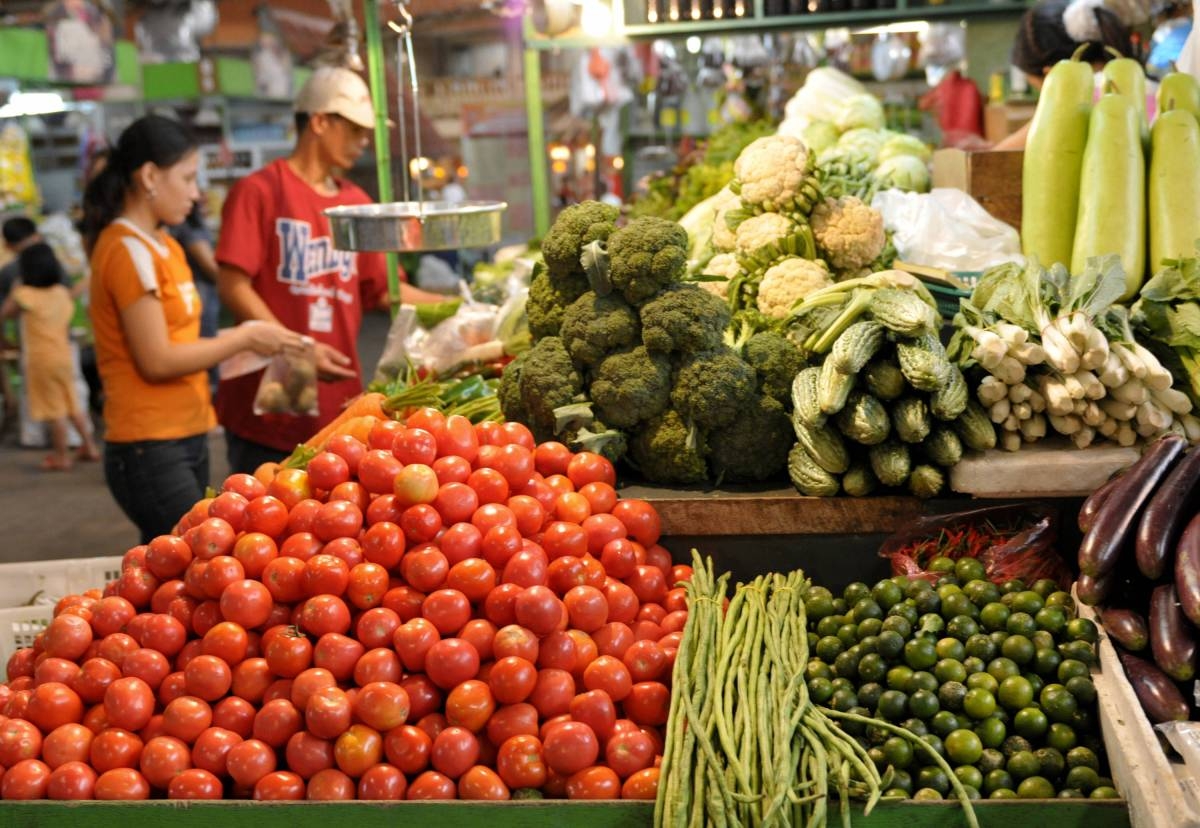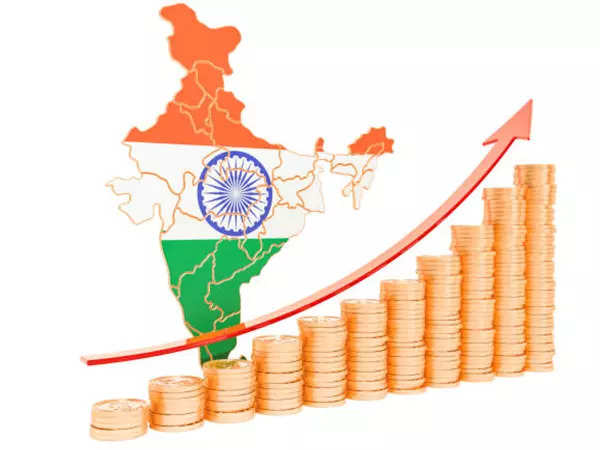
(UPDATE) INFLATION rose to 3.4 percent in February, the Philippine Statistics Authority (PSA) reported on Tuesday, snapping a four-month decline as prices of key food items — particularly rice — increased at a faster pace.
The result — within the Bangko Sentral ng Pilipinas' (BSP) 2.8- to 3.6-percent estimate for the month but higher than the 3.0-percent median in a Manila Times poll of analysts — picked up from January's 2.8 percent.
Inflation a year earlier was 8.6 percent, marking the start of a six-month deceleration from January's 14-year high of 8.7 percent. The rate rose anew in August and September and then slowed for the rest of the year, finally returning to the BSP's 2.0- to 4.0-percent target in December.
Inflation fell further at the start of 2024, and the latest figure brought the year-to-date average to 3.1 percent.
Core inflation, which excludes volatile food and energy items, slowed to 3.6 percent in January from the 3.8 percent seen in the previous month and 7.8 percent a year earlier.
Primary drivers
"The uptrend in the overall inflation in February 2024 was primarily influenced by the higher year-on-year increase in the heavily-weighted food and nonalcoholic beverages at 4.6 percent during the month from 3.5 percent in the previous month," the PSA said in a statement.
It said that food and alcoholic beverages accounted for over half — 52.1 percent or 1.8 percentage points — of overall inflation.
Transport inflation also rose by 1.2 percent, reversing from January's 0.3-percent drop, while housing, water, electricity, gas and other fuels posted a faster annual increase of 0.9 percent from 0.7 percent.
Alcoholic beverages and tobacco prices also grew by a faster 8.6 percent from 8.4 percent.
Food inflation rose to 4.8 percent from 3.3 percent in January, which the PSA primarily attributed to a slower deceleration in price growth — to 11.0 percent from 20.8 percent — for vegetables, tubers, plantains, cooking bananas and pulses.
National Statistician Claire Dennis Mapa said rice inflation remained a major concern as it rose to 23.7 percent — the highest since February 2009 — from 22.6 percent in January.
"Assuming that there is no reduction in the rice price and the movement will continue, we should be expecting high rice inflation in July or August this year," Mapa said.
The National Economic and Development Authority (NEDA), in a separate statement, said that rice inflation accounted for 2.1 percentage points of overall inflation.
Higher prices of rice and meat were said to have been behind the faster food inflation, which would have been higher had it not been for slower price growth in food items such as fish, eggs and dairy products, and lower vegetable and sugar prices.
Nonfood inflation, meanwhile, climbed to 2.4 percent from 2.0 percent, the NEDA added, driven by faster price growth for housing rentals, utilities and transport.
Ramped up efforts
Socioeconomic Planning Secretary Arsenio Balisacan, in a separate statement, said the government was escalating initiatives to alleviate the impact of the El Niño weather pattern on food prices and ensure that inflation remained within target.
"As we navigate the economic landscape, it is imperative that we remain vigilant and proactive in our approach to managing inflationary pressures. While we have seen some relief from certain inflation risks, we must not become complacent," Balisacan said.
El Niño's impact on food prices is a "big concern," he added, also noting that rising transportation costs, electricity rates and unpredictable oil markets were straining household finances.
"Our team is actively formulating robust strategies with the concerned agencies in response to these challenges. We must be agile, adaptive and forward-thinking," Balisacan said.
He noted that international rice prices were falling and that the start of the harvest season this month would ease domestic supply pressures.
Pork production, meanwhile, is expected to go up once a vaccine against African Swine Fever is approved by regulators.
Trade Secretary Alfredo Pascual, meanwhile, said the rise in inflation warranted government attention but added that "it is crucial to understand it within the broader context of our dynamic global and domestic economic environments."
"Underpinned by robust fiscal and monetary policies, we are well-prepared to navigate through these inflationary pressures," he added.
"We remain steadfast in our balanced approach to economic management — sustaining economic growth while ensuring price stability."
Aid for farmers
At the House of Representatives, Ways and Means committee chairman and Albay Rep. Jose "Joey" Salceda urged the government and the Department of Agriculture (DA) to focus its inflation interventions on rice.
He cautioned against resorting to rice imports and said the DA should, beginning this month, "ensure that all post-harvest support is ready for immediate use by April."
"Post-harvest losses amount to as much as 12-15 percent," he noted.
House Assistant Majority leader and Nueva Ecija Rep. Mikaela Angela Suansing agreed, saying it was "important for the government to help our farmers in terms of logistics, making sure the products are being brought easily from the farms to the markets, and they have the facilities that they need."
Salceda also said that the Rice Competitiveness Enhancement Fund (RCEF), which is scheduled to end in June this year, should be extended and recalibrated.
The RCEF is a fund created under the Rice Tariffication Act of 2019. It primarily aims to increase the incomes and competitiveness of Filipino farmers via the provision of farm machinery, seeds, financing and other inputs.
"Currently, there is no provision for hybrid seeds in RCEF," Salceda said.
"RCEF revenues are also much closer to P30 billion now than P10 billion as envisioned then, and the excess P20 billion can now cover more than just financial assistance," he added.
House Speaker Ferdinand Martin Romualdez, meanwhile, said that legislators had allotted a "substantial budget" for relief subsidies in the 2024 General Appropriations Act as part of a "comprehensive approach to address the immediate needs of our citizens while fostering a more resilient agricultural sector."
"The targeted measures we have introduced, including the ayuda or relief subsidy, are designed to safeguard our most vulnerable communities and support Filipino businesses during these challenging times," Romualdez said.
Read The Rest at :








